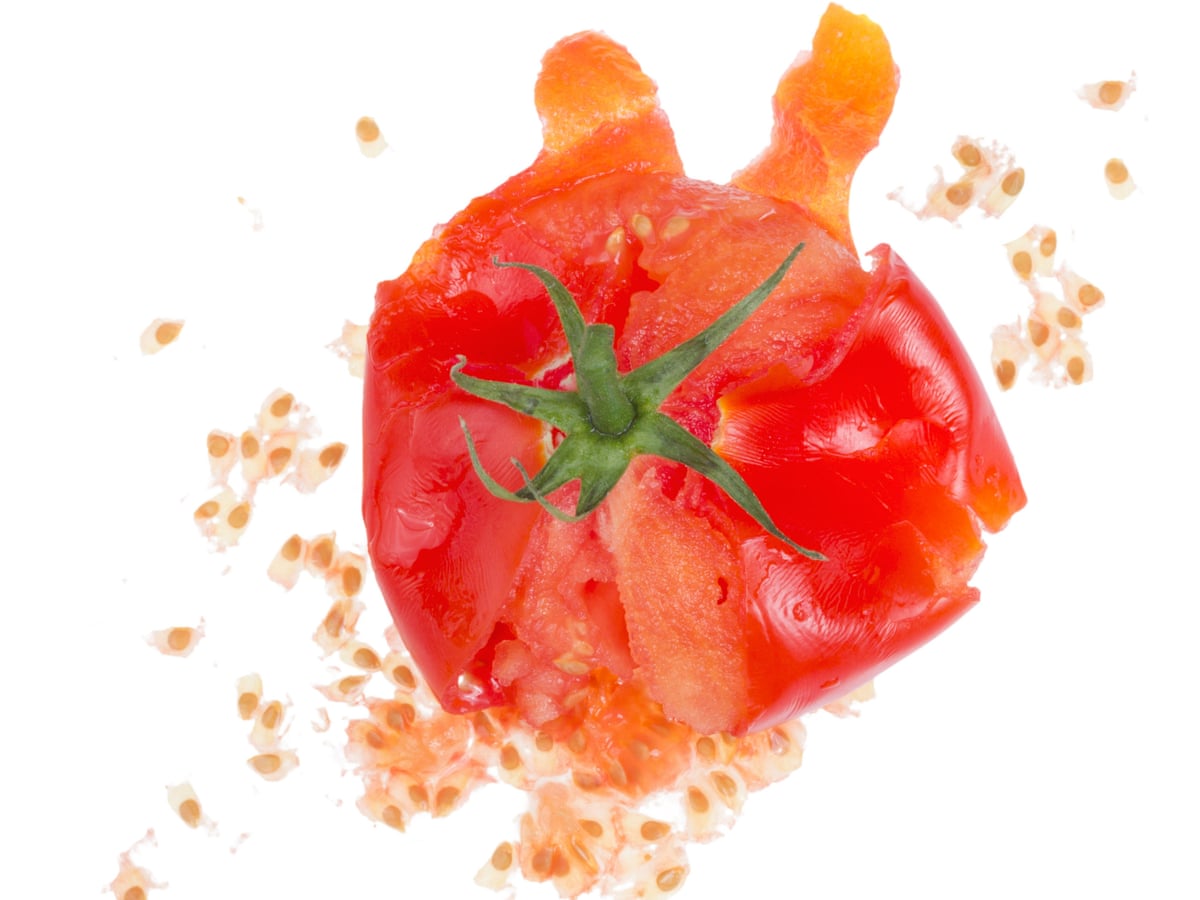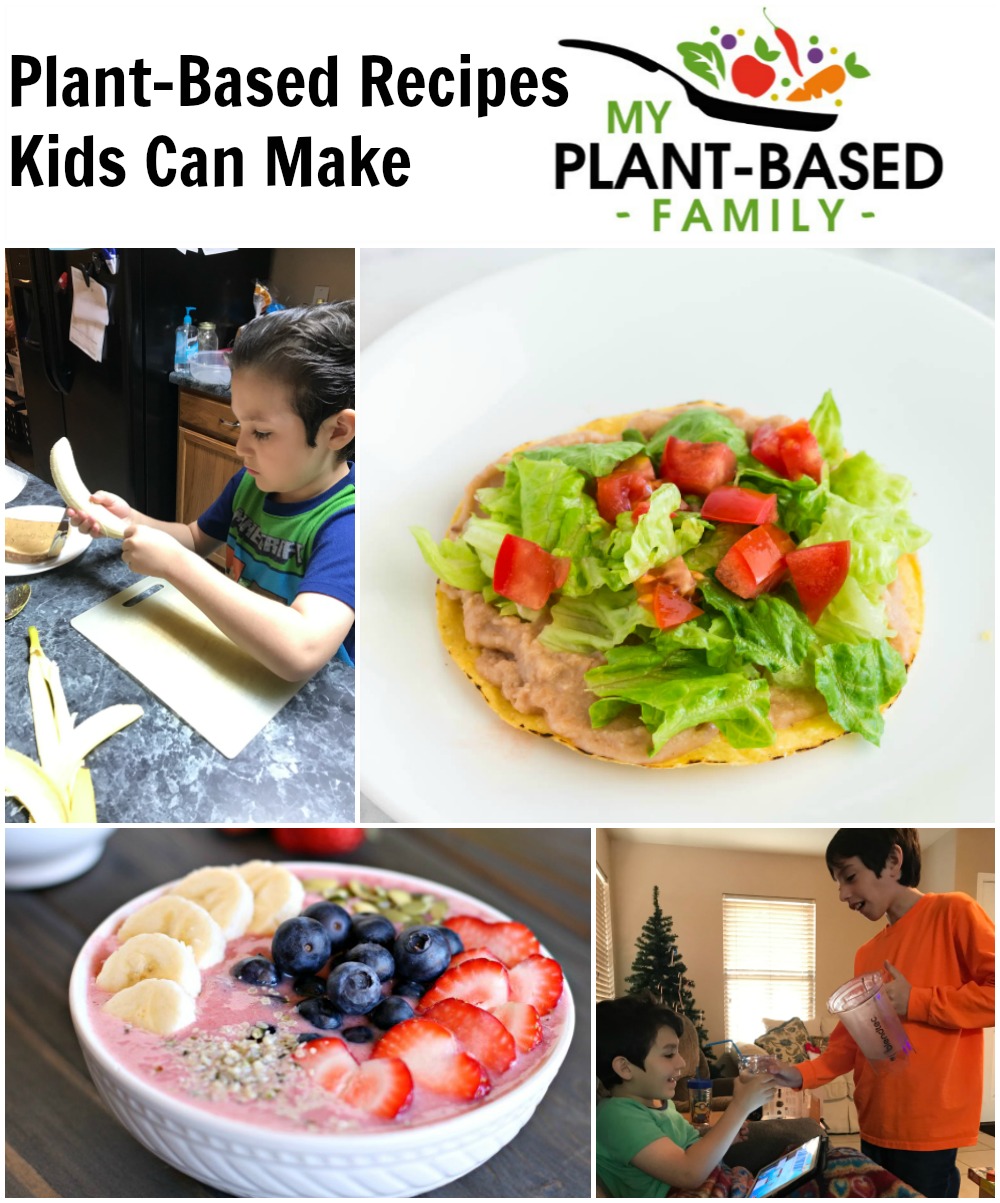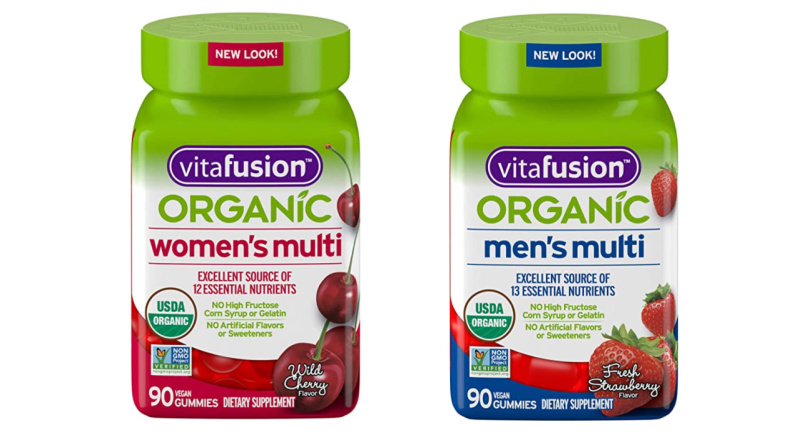
Choosing the right supplements is crucial to maintaining a healthy diet. It is also a great way avoid nutrient deficiency.
There are many vegan multivitamins/supplements available. You can find a product to suit your needs, from capsules and powders to gummies and sprays.
Vegans' best multivitamin
Vegans need to ensure that they get all the nutrients they require. A multivitamin is a great way to make sure you get all the vitamins and minerals your body requires.
It's crucial that you choose the right one. It's crucial to verify that the brand contains all of your essential vitamins and mineral, including vitamin B12 as well as vitamin D.
There are many varieties of vegan multivitamins. There are a variety of vegan multivitamins on the market. Some are specifically designed for individuals with certain health conditions. Others are specifically made to support a plant-based diet.
Hippo7's Vegan Complete Multivitamin is an example. It targets the most critical nutrients often lacking in plant-based diets. These include vitamin B12, vitamin D, calcium, iron, iodine, zinc and omega-3 fats.
This softgel multivitamin was specifically designed to support plant-based diets. It does not contain animal products nor artificial additives. It's made from whole foods and certified organic ingredients.
Seedwell is a good choice for vegans trying to fill in any nutritional gaps they might have. This vitamin supplement is a blend of a variety of whole food ingredients, including greens, probiotics, and more. It's a great supplement to take daily, and it's gentle on your stomach.
It also has a low glycemic index, so it can help you stay on track with your diet while taking it. It's gluten-free and great for those with sensitive stomachs.
NutriGenesis is another option that vegans will love. This vegan multivitamin has been specially designed to meet men’s dietary needs. To maintain a healthy male reproductive system, the formula contains vitamin D3, folic Acid, calcium, iron and iodine.
This gummy vitamin is a great option to traditional vitamins. It's made entirely from vegan ingredients and is easy to chew. It is berry-flavored, and has enough nutrients to support healthy eating habits.
Vegans: Best Iron Supplement
Iron deficiency is a common health issue that many vegans face. It can lead to fatigue, headaches, and weakness. However, a good amount of iron can be found in plant-based foods. An iron supplement can provide you with the additional iron you require.
It can be hard to find the right supplement for your lifestyle. It is important to avoid taking too much iron or using the wrong supplement. It is important to avoid using products derived from animals.
Non-heme iron is the best option for vegans. It is not extracted from animal flesh. These types of iron absorb better than heme.

An iron supplement that is chelated can also be a good option. This will make it easier to digest. It can increase absorption and decrease digestive problems like constipation, nausea, and diarrhea.
Another option is to take a vitamin C supplement. Vitamin C helps increase iron absorption.
MegaFood's iron supplement uses whole food ingredients to improve absorption and support healthy blood cells. It has 26 mg of iron per cup and contains oranges, broccoli and beetroot as well as other natural food ingredients for higher iron absorption.
It's a good idea to take it with a vitamin C-rich food or drink, such as orange juice, to help increase absorption and prevent side effects. It's also a good idea to talk to your doctor before starting an iron supplement.
You can get iron from vegetables, fruits, seeds and dried foods. Some vegans may choose to take a multivitamin with iron.
The best iron supplement for vegans should be able to provide the daily recommended amount of iron and not contain any harmful ingredients. It should also be safe to take with other nutritional supplements, and not have any side effects.
The best iron supplement to vegans is one that contains a chelated type of iron. It is easy on the stomach, and will increase iron absorption. You should take it along with vitamin C and a multivitamin to ensure your body receives all the nutrients that it needs.
Vegans' Best Vitamins
There are many vitamins and other supplements that vegans may find beneficial, but it is crucial to select the right one. It doesn't matter if you are looking for a multivitamin or an iron supplement, vegan ingredients should be considered.
Vitamins are important for healthy eating habits. But it can be hard to get the daily recommended intake of vitamins or minerals from food alone. Vitamins and supplements are a popular way to meet nutritional needs. But it's important that you consult your doctor before making major changes in your diet.
Many companies make vegan supplements. Some are liquid-based and may be easier than capsules to swallow. Others can be chewable which is a great option for children.
Multivitamins that include a wide range of nutrients are best for vegans. These products can contain vitamins B12, folic Acid, calcium, iron and zinc.
Nutrikynd Essential 8 can be used as a multivitamin by vegans. It contains eight essential vitamins, minerals, and amino acids that are usually lacking in a plant-based diet. It is formulated with cyanocobalamin which is the most bioavailable B12 form, vitamin D3 or cholecalciferol and zinc glycinate.
Ritual also offers multivitamins in softgel and liquid form. They are made with organic whole food, which means they have the highest levels essential nutrients.
The softgel vegan vitamin D3 they offer contains cholecalciferol (which is the most bioavailable nutrient).
You can also feel good about using it because it doesn't contain lanolin (which is derived from sheep wool).
Iodine helps maintain normal blood-cell production and thyroid hormones. It is found in a variety foods like seaweed, lima bean, and prunes.

Vitamin K2 aids blood clotting, and protects against excessive bleeding. It's primarily found in meat and dairy, but it can also be obtained through certain supplements.
Vegans can get the best B12 supplement
B12 deficiency in vegans can lead to severe fatigue, nerve damage and even dementia. Lack of B12 has been linked to dementia and nerve damage in vegans.
Vegans need to ensure they are getting enough vitamin B12 to avoid potential health problems. It is easy to get enough vitamin B12 through fortified foods, or dietary supplementation.
The best vitamin B12 supplements for vegans should have a high concentration of methylcobalamin, the most bioavailable form of the vitamin. They should also be easy to absorb, and they should not contain any added ingredients.
Methylcobalamin has been favored by most people. It is easier to absorb than cyanocobalamin (which you can make in the lab). Talk to your doctor or registered nutritionist if you aren't sure which one is right for you.
Vegan B12 supplements can be taken sublingually as liquid drops, sprays, or tablets. Vegan vitamin B12 supplements can also be found in gummies. Some supplements are also fortified with folate, so you may want to consider that as well.
These tablets can be found in many different flavors. They are sweetened by mannitol, which is a sugar alcohol. They also dissolve easily in your mouth, so won't take too much space within your digestive tract.
These cherry-flavored pills are an excellent choice if you want a faster way to get your B12. Each pill contains 1,000 mg of vitamin B12 and can be taken as many times as you like.
These tablets are made in a facility that also makes other nutrient-supplement products. They are very easy to take and delicious. They are also good for those on the go.
It's best to take these supplements once a days. These can be purchased in most health food shops and online.
MegaFood's B12 Supplement is an excellent source of the vitamin. It also contains important vitamins and minerals. It also contains 500 mcg folate and vitamin H6. It also has beetroot (brown rice), and broccoli which are all essential for your immune function.
FAQ
How can I control my blood pressure?
First, you must determine what is causing high blood pressure. Next, take steps that will reduce the risk. These could include eating less salt and losing weight if needed, as well as taking medication if necessary.
Also, make sure to get enough exercise. If you don’t have enough time to exercise regularly, consider walking more often.
You should join a gym if you are unhappy with your exercise routine. You'll probably want to join a gym where there are other people who share your goals. It is much easier to stick with a exercise program if there are others who will be watching you at the club.
How to measure body weight?
The best way to measure body fat is with a Body Fat Analyzer. These devices can be used to measure body fat percentages in people who are trying to lose weight.
How can I live my best everyday life?
Find out what makes YOU happy. This is the first step in living a life that you love. Once you know what makes you happy, you can work backwards from there. You can also ask others how they live their best lives everyday.
You can also read books by Wayne Dyer, such as "How to Live Your Best Life". He speaks about happiness and fulfillment in all areas of life.
Statistics
- WHO recommends consuming less than 5% of total energy intake for additional health benefits. (who.int)
- WHO recommends reducing saturated fats to less than 10% of total energy intake; reducing trans-fats to less than 1% of total energy intake; and replacing both saturated fats and trans-fats to unsaturated fats. (who.int)
- In both adults and children, the intake of free sugars should be reduced to less than 10% of total energy intake. (who.int)
- According to the Physical Activity Guidelines for Americans, we should strive for at least 150 minutes of moderate intensity activity each week (54Trusted Source Smoking, harmful use of drugs, and alcohol abuse can all seriously negatively affect your health. (healthline.com)
External Links
How To
What does the term "vitamins" mean?
Vitamins are organic compounds found naturally in food. Vitamins help us absorb nutrients in the foods we consume. The body cannot make vitamins; therefore, they must be obtained from food.
There are two types: water-soluble and fat-soluble vitamins. Water soluble vitamins dissolve easily in water. Examples include vitamin C,B1 (thiamine), B2 (riboflavin), B3 (niacin), B6 (pyridoxine), folic acid, biotin, pantothenic acid, and choline. The liver and fatty tissues are home to fat-soluble vitamins. Some examples include vitamin D and E, K, A, beta carotene, and A-vitamins.
Vitamins are classified based on their biological activity. There are eight main types of vitamins:
-
A - Essential for healthy growth and health maintenance.
-
C - vital for nerve function and energy generation
-
D - Vital for healthy bones and teeth
-
E - Required for good vision, reproduction.
-
K – Required for healthy muscles & nerves.
-
P - vital for building strong bones andteeth.
-
Q – aids digestion and absorption.
-
R is required for the production of red blood cells.
The recommended daily allowance for vitamins (RDA) varies according to age, gender, or physical condition. The U.S. Food and Drug Administration (FDA) sets the RDA values.
For adults over 19 years, the RDA is 400 mg per day for vitamin A. Pregnant women require 600 micrograms daily to support fetal development. Children ages 1-8 require 900 micrograms per day. Infants below one year of age need 700 micrograms daily. But, between 9 months to 12 months of age, the amount drops to 500micrograms per days.
Children aged 1-18 years need 800 micrograms daily, while children overweight require 1000 micrograms per days. Children who are severely obese or underweight will need 1200 micrograms each day.
Children aged 4-8 who have anemia are required to consume 2200 micrograms of Vitamin C daily.
2000 micrograms per person is necessary for general health. Women who are pregnant or breastfeeding need 3000 micrograms per day due to increased nutrient requirements.
1500 micrograms is the recommended daily intake for adults aged 70+, as they lose 10% of their muscle every ten years.
Women who are pregnant or nursing need more than the RDA. Pregnant mothers need 4000 micrograms per daily during pregnancy and 2500 after giving birth. Breastfeeding mothers need 5000 mg per day when breastmilk is being produced.